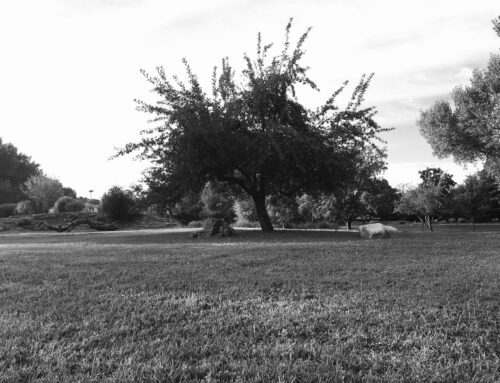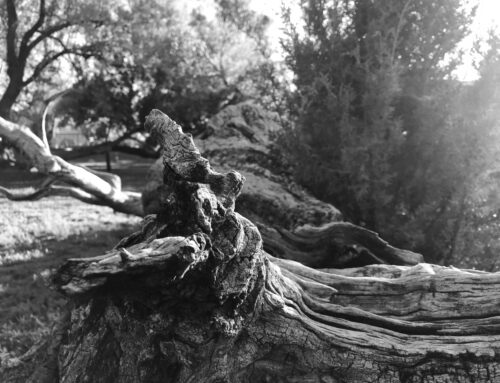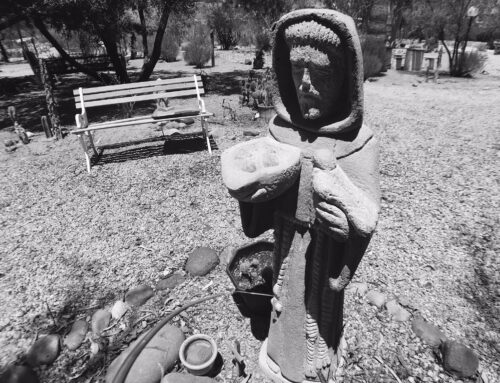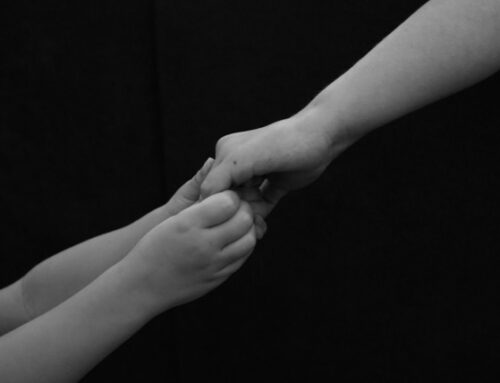A few weeks ago I grabbed lunch with a friend at Red Robin. Munching on Buffalo Chicken Strips we were talking about the churches that we were serving at, and about where the Lord is leading in those place. Community is the word that came up. God has me (and some leadership of our church) parked on that, and what it looks like in discipleship. My friend then mentioned another conversation that he had where the person shared his dislike of the word community: arguing that it is a buzzword, and not found in the New Testament. While “community” is mentioned once in Acts, depending on your translation, the word ‘family [of believers]’ appears a lot. I’m finding that semantics aside, one of the biggest issues is sociological. Moving past our largely cold -climate culture (task oriented with social customs to close us off to others), to becoming more hot -climate (relationship oriented with social customs embracing inclusiveness of others) (Lanier, 2001). We may call it community in our culture. A more hot -climate culture may call it family. The point is that it moves past the basic protocols of our society and welcomes others into a Kingdom of inclusiveness, of being dangerous for that Kingdom (reaching out to the poor, oppressed and outcast), and we learn how to share life together. It’s not just making a new category of friends to fit in a compartmentalized life, but breaking down and shattering barriers that we’ve set up to keep us ‘safe’ (or, rather, separate) from the needs of others.
Jean Vanier (1979) wrote:
A community which is just an explosion of heroism is not a true community. True community implies a way of life, a way of living and seeing reality; it implies above all fidelity in the daily round. And this is made up of simple things – getting meals, using and washing the dishes and using them again, going to meetings – as well as gift, joy and celebration; and it is made up of forgiving seventy times seventy-seven.
A community is only being created when its members accept that they are not going to achieve great things, that they are not going to be heroes, but simply live each day with new hope, like children, in wonderment as the sun rises and in thanksgiving as it sets. Community is only being created when they have recognised that the greatness of humanity lies in the acceptance of our insignificance, our human condition and our earth, and to thank God for having put in a finite body the seeds of eternity which are visible in small and daily gestures of love and forgiveness. The beauty of people is in this fidelity to the wonder of each day (p. 109).
The Lord, in His goodness, has put a hunger in me for the Body of Christ to truly be a family of Believers (or community…regardless of the word’s buzzyness to some). From as early as I surrendered my life to Christ (the first time), to every surrender (mostly each day) since, ‘community’ has been an underlying conviction foundational to my life. I’ve failed at it numerous times, but Holy Spirit has been graciously persistent in bringing me back to it. I’m learning how to be a family member, and I hope that in my places of leadership within the Body, I’ll be able to help establish a Kingdom culture of community/family.
Reference:
Lanier, S. A. (2001). “Foreign to Familiar: A Guide to Understanding Hot- and Cold-Climate Cultures.” Hagerstown, MD: McDougal Publishing
Vanier, J. (1979). “Community and Growth.” New York: Paulist Press




